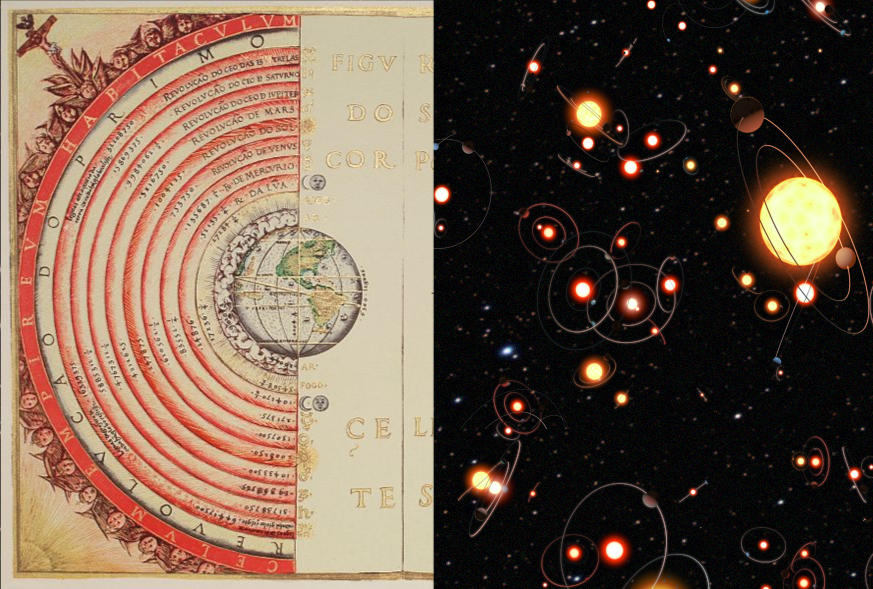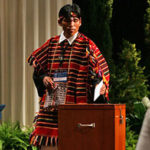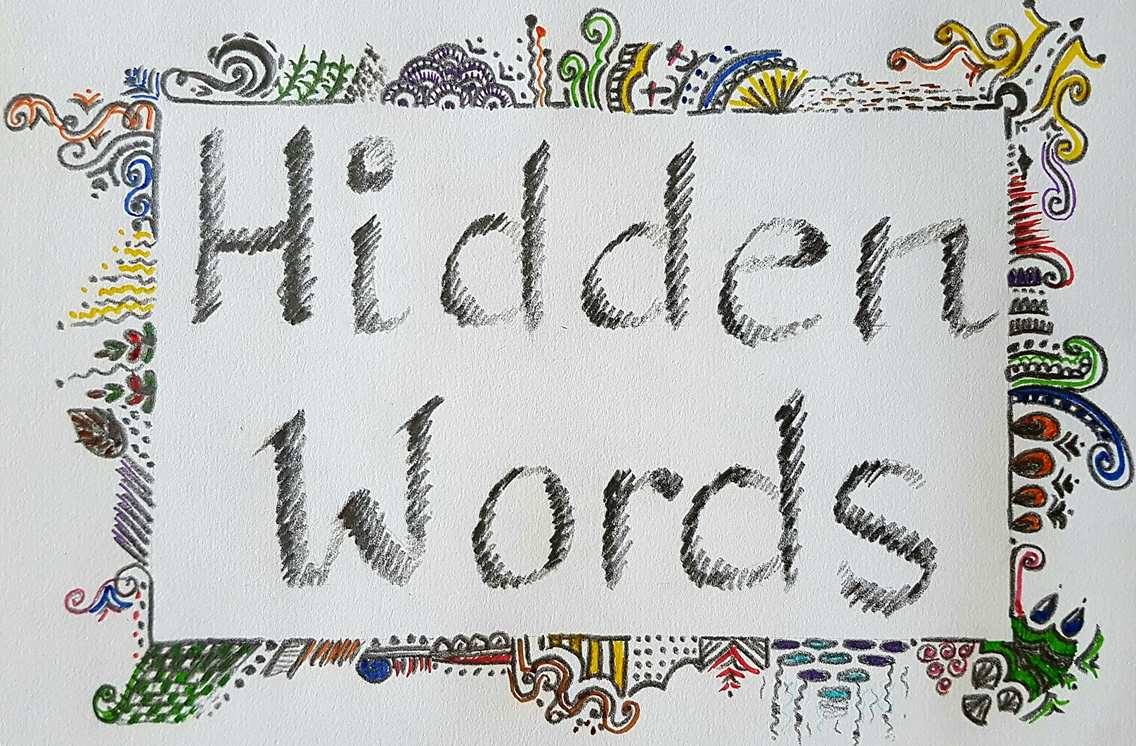
Civilization and its Excesses

Bahá’u’lláh called on all human beings to work for the advancement of civilization, yet he also warned of the danger of carrying civilization to excess.
All men have been created to carry forward an ever-advancing civilization.[1]
And yet:
If carried to excess, civilization will prove as prolific a source of evil as it had been of goodness when kept within the restraints of moderation. Meditate on this, O people, and be not of them that wander distraught in the wilderness of error. The day is approaching when its flame will devour the cities….[2]
Bahá’u’lláh wrote in the 19th century. His insight of the approaching danger saw far ahead of his contemporaries, who tragically could not see the appalling dangers ahead.

The following is from an account of one of the pilots involved in the bombing of the city of Dresden in February 1945:
There was a sea of fire covering … some 40 square miles. The heat striking up from the furnace below could be felt in my cockpit. The sky was vivid in hues of scarlet and white and the light inside the aircraft was that of an eerie autumn sunset…. We could still see the glare of the holocaust thirty minutes after leaving.[3]
This is only one of many examples. Scores of cities were reduced to ashes during World War II. It was a total war in which all sides participated and which consumed 60 million lives. In the 21st century we are again seeing the obliteration of cities in warfare.
To call this “civilization” – a process associated with the generation and flourishing of civic life – is to call into question what we mean by civilization.
Indeed when Bahá’u’lláh calls for us to advance civilization, the concept he presents is not framed around the advance of technology.
All men have been created to carry forward an ever-advancing civilization. The Almighty beareth Me witness: To act like the beasts of the field is unworthy of man. Those virtues that befit his dignity are forbearance, mercy, compassion and loving-kindness towards all the peoples and kindreds of the earth.[4]
Civilization, as presented here, focusses on the expression of divine qualities between human beings. Technology is not at the centre of this understanding of “civilization”.
However, neither does Bahá’u’lláh dismiss the material world and science or technology as irrelevant to human progress. Rather, he calls for the advancement and application of beneficial knowledge:
Arts, crafts and sciences uplift the world of being, and are conducive to its exaltation. Knowledge is as wings to man’s life, and a ladder for his ascent. Its acquisition is incumbent upon everyone. The knowledge of such sciences, however, should be acquired as can profit the peoples of the earth, and not those which begin with words and end with words. Great indeed is the claim of scientists and craftsmen on the peoples of the world.[5]
In our day-to-day discourse, the “progress” of science and technology is presented almost as if it is an unstoppable force of nature. Implicitly, it is beyond our control. Dystopian visions of the future in which technology has inevitably undermined human welfare are commonplace.
The passage from Bahá’u’lláh’s writings above focuses on human agency in the generation of technology. Technology is not a magical process. It is created by human hands and minds. Both in the adoption and use of technology are human choices. One of our choices is whether to create weapons of war or instruments of peace.
We cherish the hope that … the weapons of war throughout the world may be converted into instruments of reconstruction and that strife and conflict may be removed from the midst of men.[6]
Images: Bombing of Hamburg in 30-31 January 1943. In July 1943 around 43,000 people are estimated to have perished in the city in a firestorm resulting from an allied bombing raid and a further 37,000 were wounded. The bombing destroyed most of the city.
Hall of Memory Mosaics. Australian War Memorial https://www.awm.gov.au/visit/hall-of-memory/mosaics/ creative commons attribution licence
This article is the 26th in a series of what I hope will become 200 articles in 200 days for the 200th anniversary of the birth of Bahá’u’lláh. The anniversary is being celebrated around the world on 21 and 22 October 2017. The articles are simply my personal reflections on Bahá’u’lláh’s life and work. Any errors or inadequacies in these articles are solely my responsibility.







